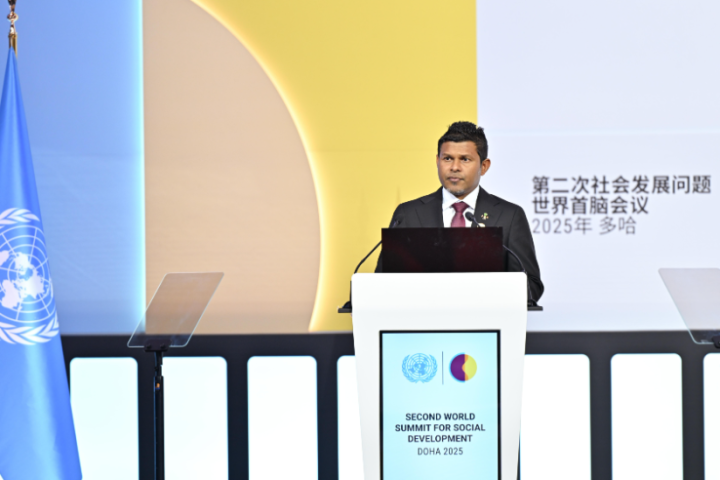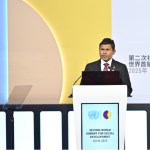ADDU CITY, Maldives — On a radiant morning in March 2022, the National College of Policing and Law Enforcement (NCPLE) opened its doors in Addu City, marking a milestone for the Maldives Police Service (MPS). Built with India’s generous grant assistance, this modern academy stands as a testament to the enduring friendship between the two nations.
This gleaming facility, one of India’s largest aid projects in the island nation, is more than a building—it’s a symbol of a deepening partnership and a bold step toward modernizing the Maldives Police Service. The academy’s inauguration, graced by President Ibrahim Mohamed Solih and India’s External Affairs Minister S. Jaishankar, was a moment of pride.
“This facility embodies our commitment to supporting the Maldives’ progress,” Jaishankar said, addressing a gathering of officials and police leaders. The NCPLE, a long-cherished project first envisioned in 2015, is designed to transform how the MPS trains its officers, equipping them to meet the demands of a modernizing nation.
The NCPLE, sprawling in Addu, is no ordinary training ground. It boasts cutting-edge facilities: a 400-meter running track, a gymnasium with capacity for 800, an auditorium seating 340, and eight classrooms for up to 320 trainees. There’s a helipad, sports courts, and medical bays, ensuring officers are prepared physically and mentally for the demands of law enforcement.
For a nation grappling with issues like drug trafficking and the creeping threat of radicalization, the academy is a lifeline.
India’s role in the project goes beyond bricks and mortar. A Memorandum of Understanding signed during the inauguration links the NCPLE with the Sardar Vallabhbhai Patel National Police Academy in Hyderabad, a prestigious institution that has trained generations of Indian officers, including Maldives top cops.
India has also increased training slots for Maldivian officers to eight, fostering exchanges that promise to elevate the MPS’s capabilities. “The fraternal bonds between our institutions will empower NCPLE to become a regional centre of excellence,” Jaishankar noted, a vision that resonates in a region where security threats often transcend borders.
The academy’s significance extends to the broader canvas of India-Maldives relations. The NCPLE aligns with India’s SAGAR (Security and Growth for All in the Region) vision, promoting stability in the Indian Ocean. As Dr. Gulbin Sultana of the Manohar Parrikar Institute for Defence Studies and Analyses told The Indian Express, “The academy enhances the Maldives’ ability to address challenges like drug trafficking, benefiting the region as a whole.”
For the MPS, the academy is already reshaping operations. Since its opening, it has begun offering courses accredited by the Maldives Qualification Authority, blending academic rigor with practical skills. The goal, as outlined on the NCPLE’s website, is to become the nation’s foremost law enforcement training provider, with curricula designed to meet the evolving needs of a modern police force. Officers trained here will not only patrol the Maldives’ scattered islands but also collaborate with regional partners, potentially making the NCPLE a hub for Indian Ocean security.
The road to completion wasn’t without challenges. Announced in 2015 under President Abdulla Yameen, construction by India’s Sri Avantika Contractors Ltd. began in 2017. A 2021 agreement with ABL Indira Projects JV expanded the project to include 61 police facilities nationwide, from atoll stations to detention centres. The NCPLE, completed at a reported cost of $300 million, stands as one of India’s largest aid initiatives in the Maldives.
As the Maldives celebrates its 60th Independence Day and Prime Minister Modi as the chief guest the NCPLE underscores the power of collaboration. Officers trained here will protect communities and contribute to a safer Indian Ocean region. The academy is more than a facility—it’s a promise of progress, built on the foundation of a friendship that continues to grow.












